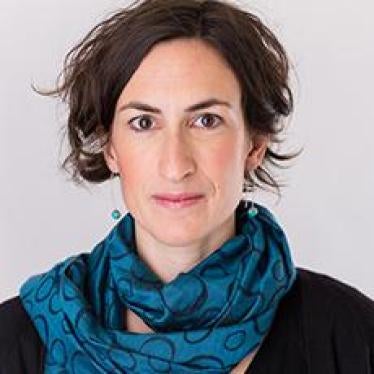Two years ago, Gololey village in Somalia’s Middle Shabelle region was shaken to its core by the chilling massacre of eight health workers.
On the afternoon of May 27, 2020, five masked gunmen – four reportedly in government uniforms – abducted seven male health workers from a healthcare clinic run by a nongovernmental organization. They also took a man who ran a nearby pharmacy. The gunmen marched the eight off, blindfolded, leaving their petrified female colleagues behind.
For almost 24 hours the community tried desperately to locate the men. On the afternoon of May 28, their bullet-riddled bodies were found just outside the village.
The killings devastated this small community, which reeled from the loss of their loved ones. Many of the young men, whom their relatives called their greatest hope, supported their families. For months their deaths left the community without greatly needed health care.
The killings also sent shockwaves throughout the country.
Both regional authorities and the government in Mogadishu initiated investigations. But two years on, despite the reported involvement of government security forces in the killings, nothing has come from those investigations. The then-regional president had established an investigation committee and promised it would release its findings within 30 days. But this never happened. Nor have any results of the investigation by the federal Somali Police Force’s Criminal Investigations Department (CID) been shared.
Relatives and colleagues of the seven health workers repeatedly called for justice. Several of their colleagues who witnessed the abductions testified to investigators in difficult circumstances. One female colleague told us at the time: “I was stressed for a long time. You can understand how it feels to miss your colleagues who were working alongside you; we hope one day they will get justice.”
Besides this particularly horrific incident, other investigations into killings and enforced disappearances of civilians in recent years have also not been concluded, allowing impunity to prevail and leaving relatives with no answers.
Somalia’s new president, Hassan Sheikh Mohamud, has committed to making legal and judicial reforms a priority. He can start by ordering the review of pending federal government investigations into serious incidents of attacks on civilians. And the many relatives and colleagues of the Gololey massacre victims deserve investigation updates.







